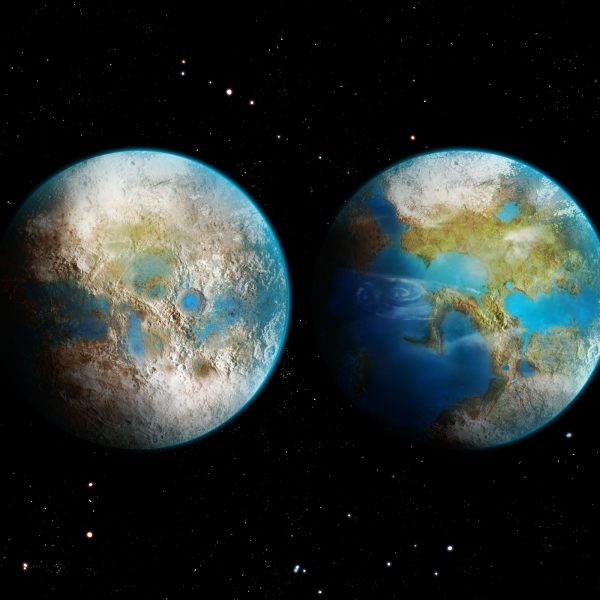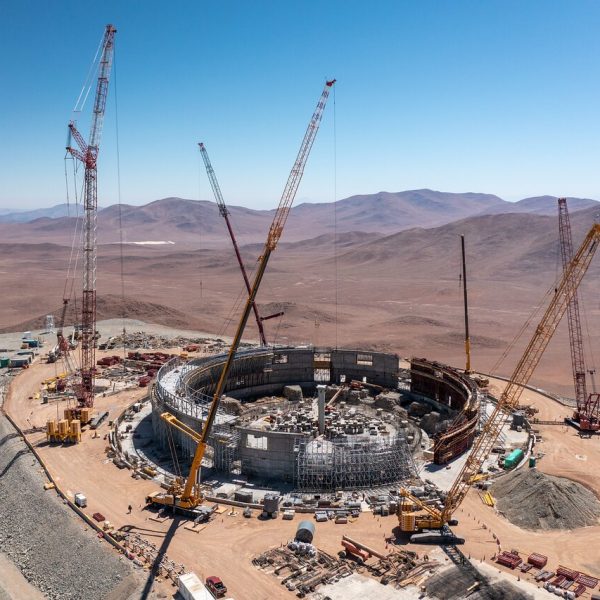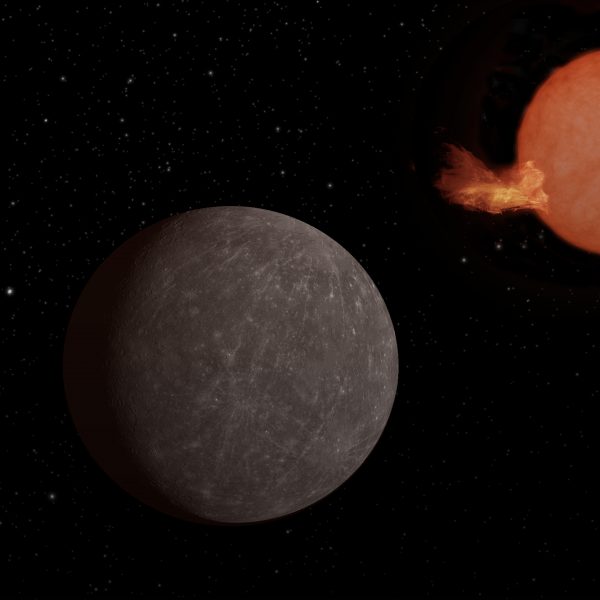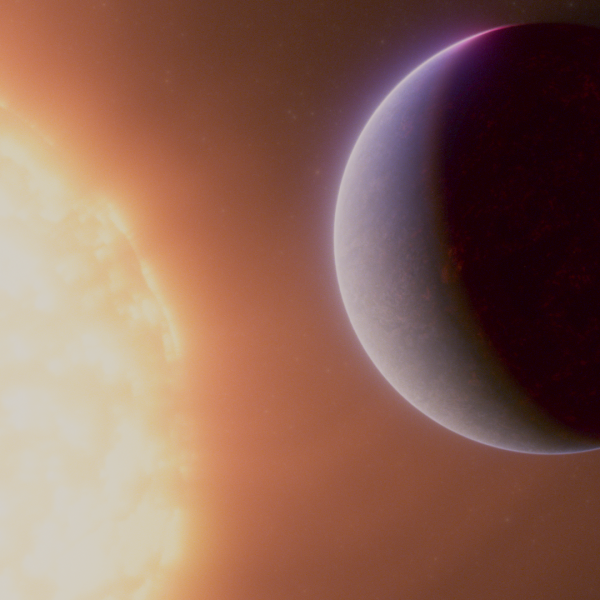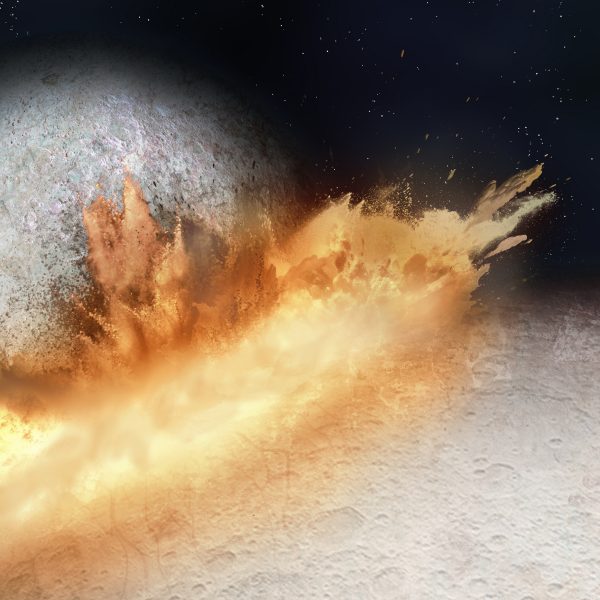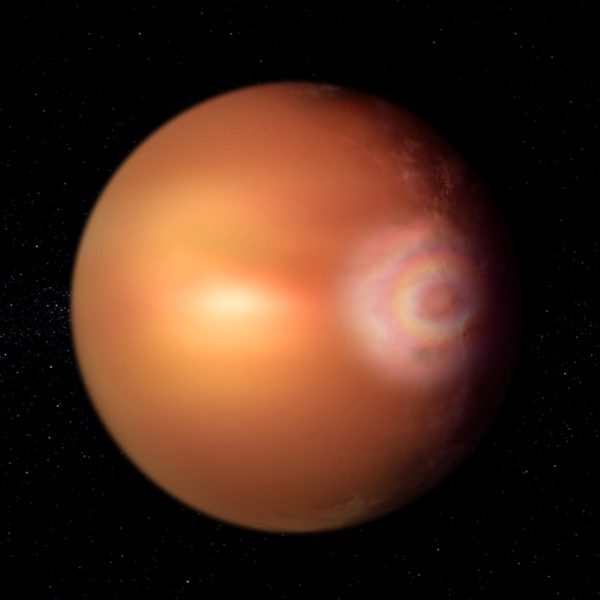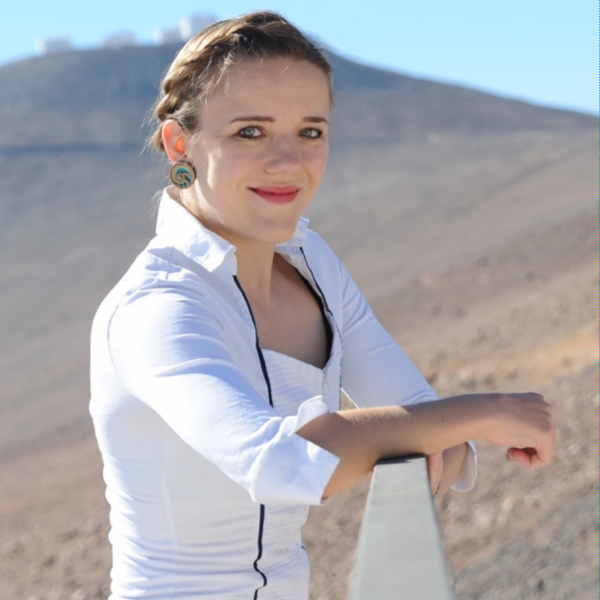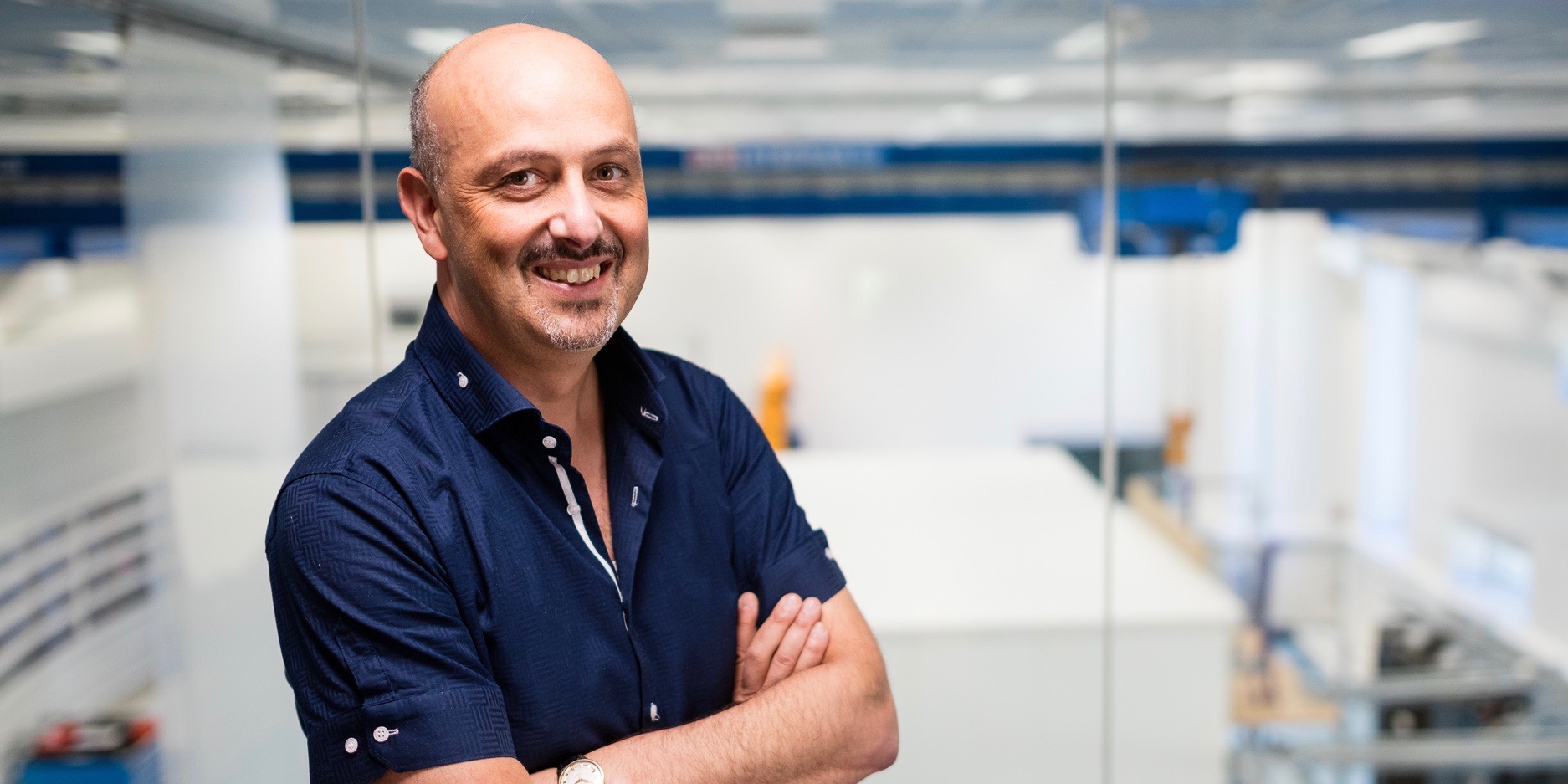News
Telltale greenhouse gases could signal alien activity
Known for their detrimental effect on Earth, greenhouse gases could be beneficial for alien civilizations afar to terraform their worlds, and an opportunity for us to spot them. An international team of scientists including Dr. Daniel Angerhausen from ETH Zurich and member of the National Centre of Competence (NCCR) PlanetS, calculated that current technology would […]
Continue ReadingANDES, the spectrograph in a quest for life in the Universe
The European Southern Observatory (ESO) is endorsing a new spectrograph for its future giant telescope. Switzerland is contributing thanks to its expertise in exoplanets and in high-precision instruments. ESO has started the design and construction of the ArmazoNes high Dispersion Echelle Spectrograph (ANDES) with an international consortium involving the University of Geneva and the University […]
Continue ReadingDiscovery of a planet around an ultra-cool star
An international team of astronomers – including members of the NCCR PlanetS, the University of Geneva (UNIGE) and the University of Bern (UNIBE) – has discovered, for only the second time, an Earth-sized exoplanet (SPECULOOS-3 b) around an ultra-cool Red Dwarf star. Red dwarfs account for 70% of the stars in our galaxy. The small […]
Continue ReadingHints of a possible atmosphere around a rocky exoplanet
Researchers using NASA/ESA/CSA James Webb Space Telescope may have detected an atmosphere surrounding 55 Cancri e, a rocky exoplanet 41 light-years from Earth. This is the best evidence to date for a rocky planet atmosphere outside our solar system. Brice-Olivier Demory, Professor of Astrophysics at the University of Bern and member of the the National […]
Continue ReadingHow Pluto got its heart
The mystery of how Pluto got a giant heart-shaped feature on its surface has finally been solved by an international team of astrophysicists led by the University of Bern and members of the National Center of Competence in Research (NCCR) PlanetS. The team is the first to successfully reproduce the unusual shape with numerical simulations, […]
Continue ReadingCHEOPS detects a ‘‘rainbow’’ on an exoplanet
New observations from the space telescope point to the existence of a «glory» in the atmosphere of WASP-76b, a luminous phenomenon like a rainbow. The CHEOPS space telescope, whose scientific operations centre is based at the University of Geneva (UNIGE – co-leading house of the NCCR PlanetS), is providing new information on the mysterious exoplanet […]
Continue ReadingSIPS logo call for ideas
Thank you for your interest in proposing an idea for the SIPS logo. Here are a few guidelines on what the logo design must feature or not, and a few “rules” for this call. Logo guidelines The logo must feature the SIPS acronym. You must submit two drawings of the logo, with a version […]
Continue ReadingJuice mission movie screening – Bern get-together.
The Europlanet Society is organising a screening of Maarten Roos-Serote’s Film on the Juice Mission, on Wednesday 20th of March 2024, at 6PM CET. The screening will be followed by a Q&A Session with some members of the Juice team who participated in the mission including Juice’s Project scientist Olivier Witasse. If enough members of […]
Continue Reading2024 MERAC prize awarded to Dr. Julia V. Seidel
The 2024 MERAC Prize for the Best Doctoral Thesis in Observational Astrophysics is awarded to Dr Julia V. Seidel (European Southern Observatory) by the European Astronomical Society for her work on climate and atmospheric circulation regimes of exoplanets from high-resolution spectroscopic observations. Julia V. Seidel obtained her Ph.D. within PlanetS. Dr Julia Victoria Seidel obtained […]
Continue ReadingProfessor Francesco Pepe obtains the 2024 Tycho Brahe Medal
The 2024 Tycho Brahe Medal is awarded to Prof. Francesco Pepe (University of Geneva, Switzerland) by the European Astronomical Society for the development and exploitation of ultra-stable high-resolution spectrographs which revolutionised the detection and characterisation of small-mass exoplanets. Prof. Francesco Pepe is the director of the astronomy department of the University of Geneva, co-leading house […]
Continue Reading
